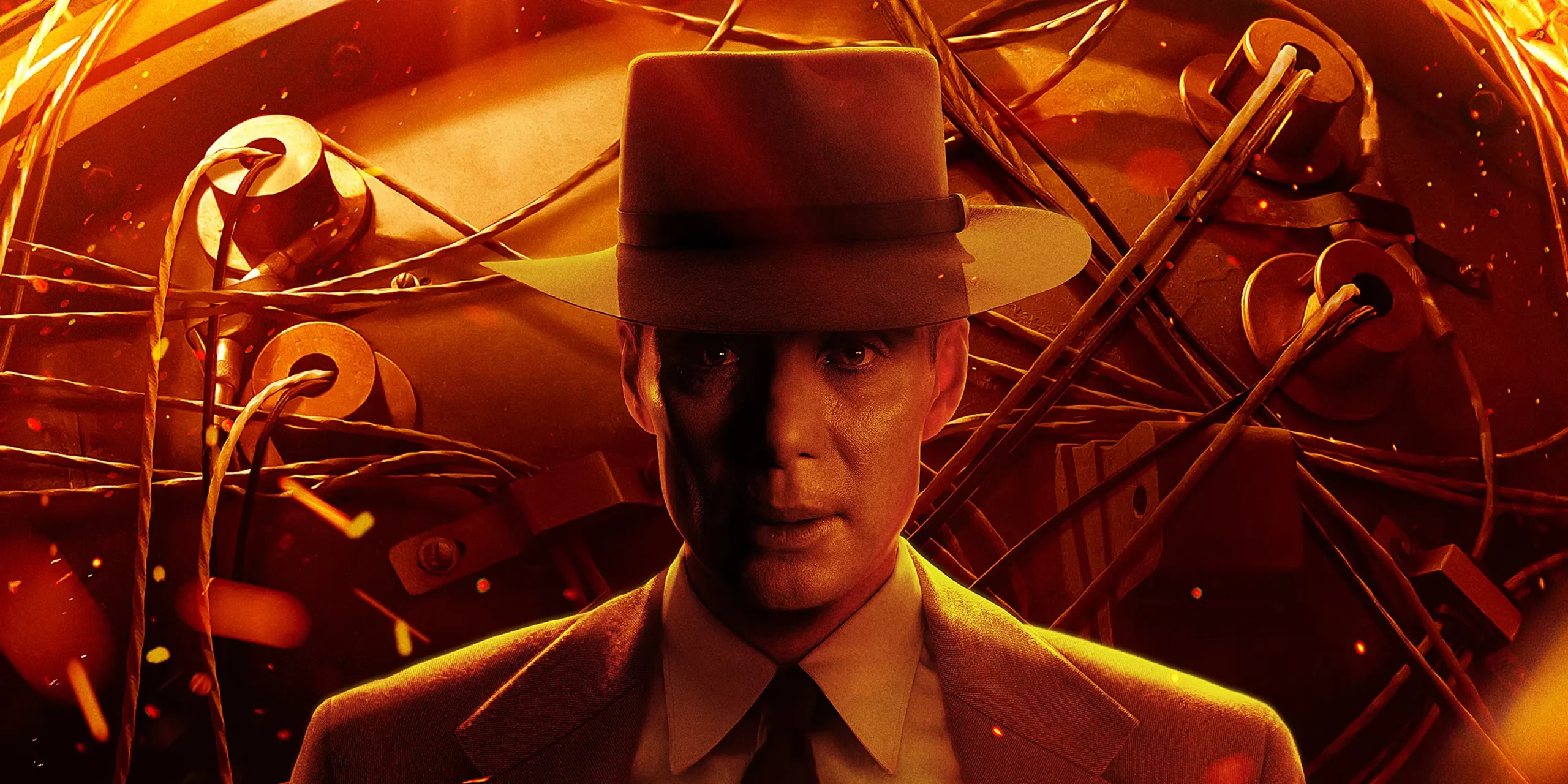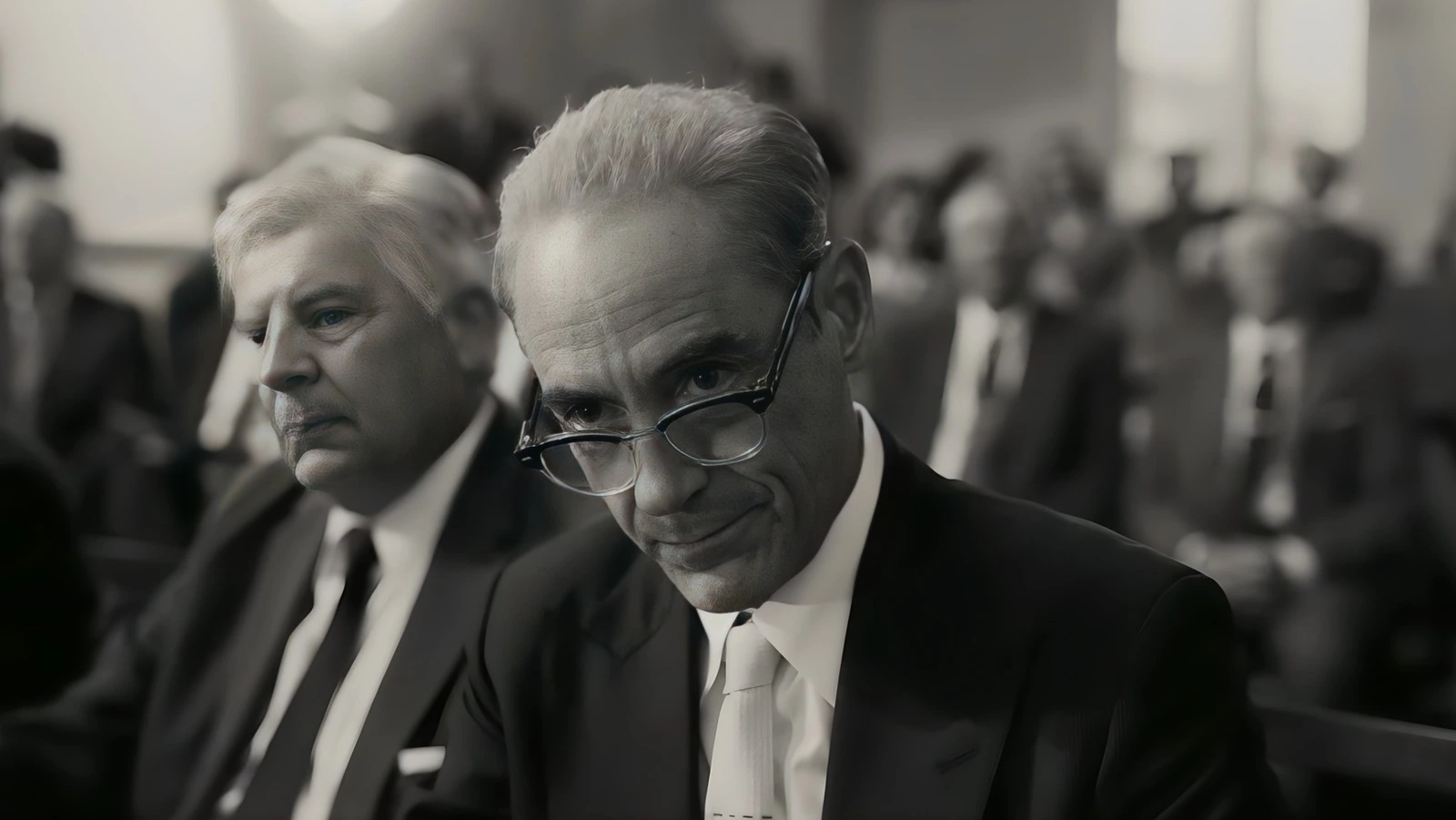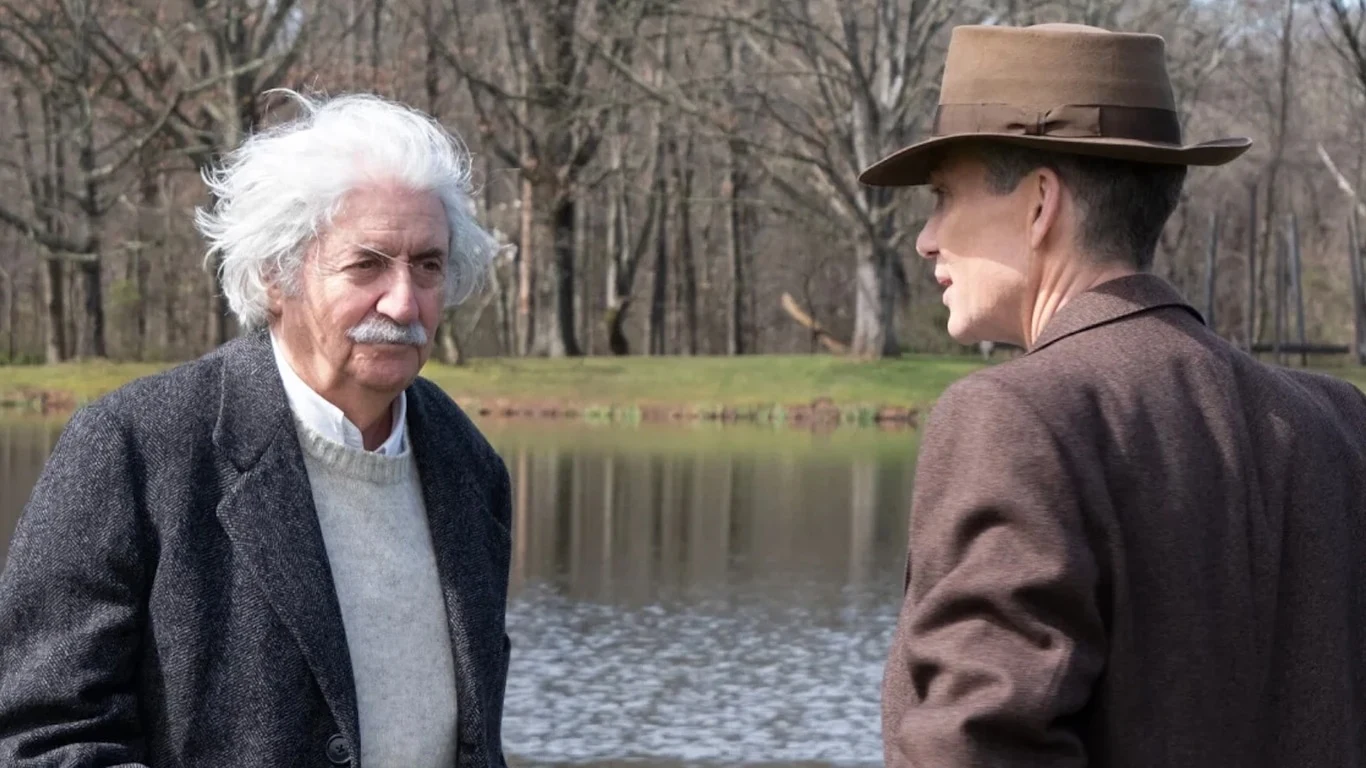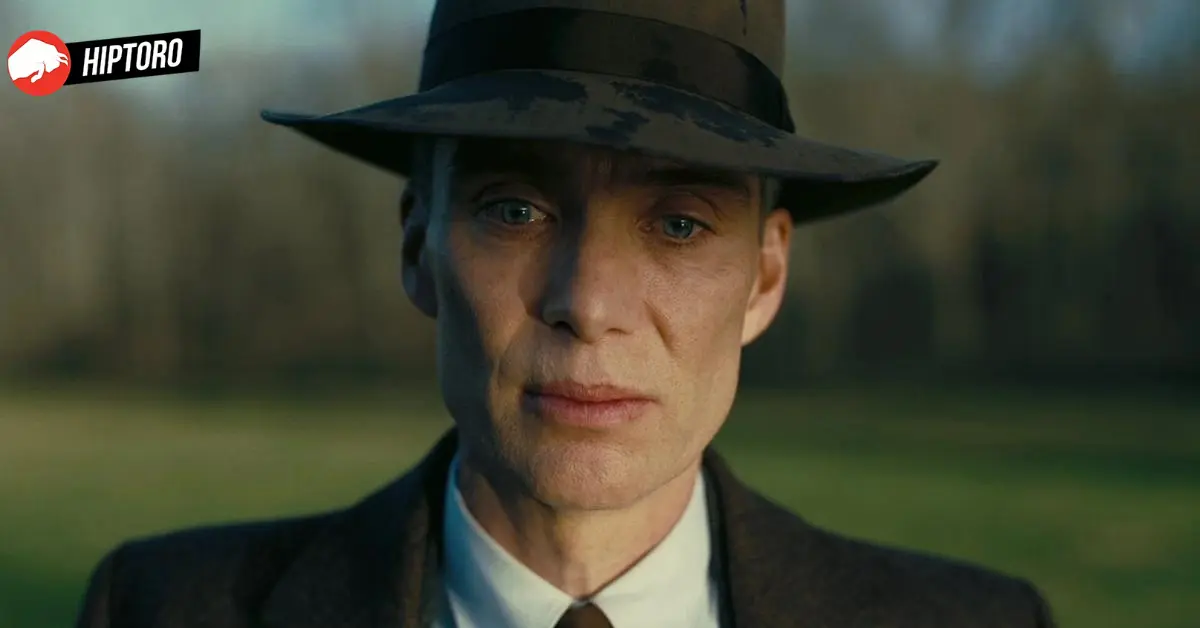Oppenheimer directed by Christopher Nolan, tells the story of J. Robert Oppenheimer, the American physicist who helped develop the atomic bomb during World War II. The starred Cillian Murphy in the lead role, and explored the physicist’s complex relationship with the bomb and its devastating consequences.
Nolan is widely known for his exemplary cinematography and outstanding storyline. Often, fans are left a little bamboozled and are compelled to revisit his movies to fully grasp it. If you’ve also found yourself scratching your head after watching his latest biographical project, we’ve got you covered.

Who Was J Robert Oppenheimer?
J Robert Oppenheimer was an American theoretical physicist and professor of physics at the University of California, Berkeley. He is often called the “father of the atomic bomb” for his role in the Manhattan Project, the World War II effort to develop the first nuclear weapons.
After the war, the celebrated physicist became chairperson of the influential General Advisory Committee of the newly created United States Atomic Energy Commission. He used that position to lobby for international control of nuclear power to avert nuclear proliferation and a nuclear arms race with the Soviet Union.
Why Did Lewis Strauss Betray Robert Oppenheimer?
In the end, the reasons behind Strauss’ decision to revoke Robert’s security clearances become clear. Strauss, played by Robert Downey Jr, is led to believe that Oppenheimer criticized him to Einstein during a conversation between the two. However, while the conversation was never fully explained throughout the movie, Strauss continued to hold a grudge against the physicist.

Furthermore, Strauss felt embarrassed by J Robert in front of their associates, being made to feel inferior or insufficient. Thus, the fact that Strauss’ retribution in the film also signals the end of his political career is significantly more significant.
What Did Robert Say To Einstein?
At the end of the movie, we learn that Oppenheimer and Einstein hadn’t been discussing Strauss at all, but rather the implications of the atomic bomb. Oppenheimer reminded Einstein that when they were developing the bomb, they were concerned it could lead to a chain reaction and annihilate the universe. When Einstein asked, “What of it?” Oppenheimer replied, “I believe we did,” and the movie ended with a montage of nuclear warheads destroying the world.

Oppenheimer Ending Explained
Oppenheimer’s comments to Einstein, and his vision of a nuclear holocaust, illustrate the tremendous political implications of the atomic bomb. He felt that they had set in motion an inescapable progression towards a world-ending nuclear disaster. This idea is reflected in his strenuous efforts to appeal the revocation of his security clearance.
His wife Kitty, who is portrayed by Emily Blunt, points out – that no matter how hard he protests his innocence, the world will never forgive him for what he’s done.
“You think because you let them tar and feather you that the world will forgive you? They won’t.”
His eventual recognition from President Johnson also could not alleviate the guilt he felt for becoming ‘Death, the Destroyer of Worlds’. Despite his belated acknowledgement, the devastating consequences of his actions cannot be undone. His fate has been sealed, and the ghosts of those who perished will haunt him forever. Oppenheimer realizes there is no hope of redemption from the darkness and destruction he created.









